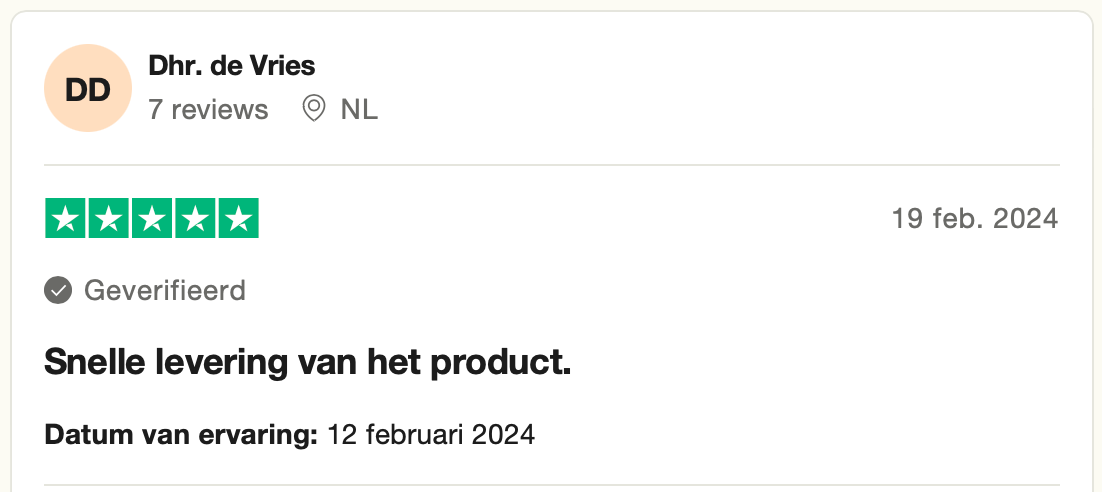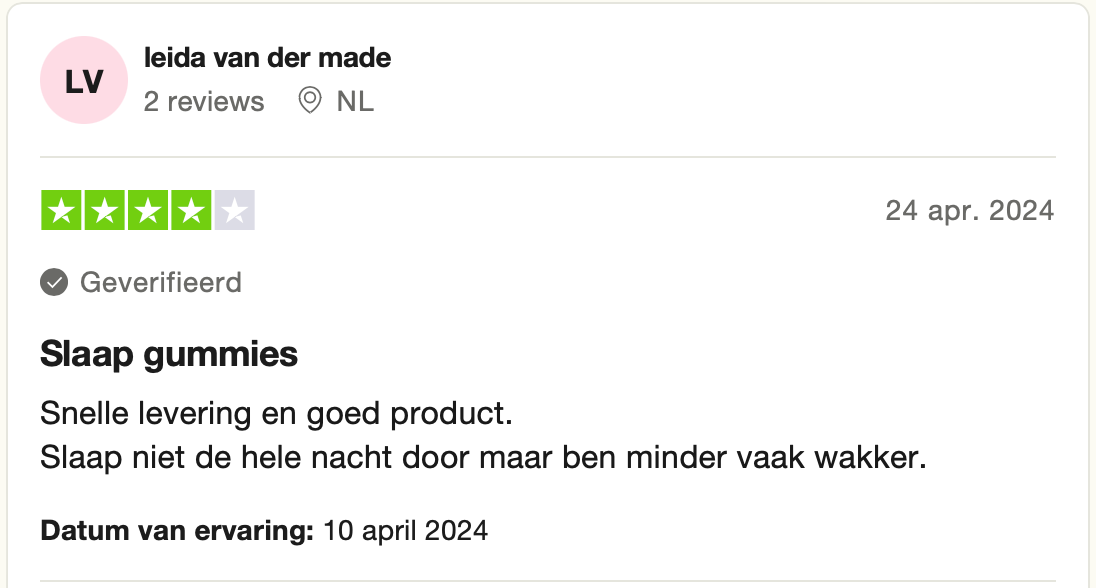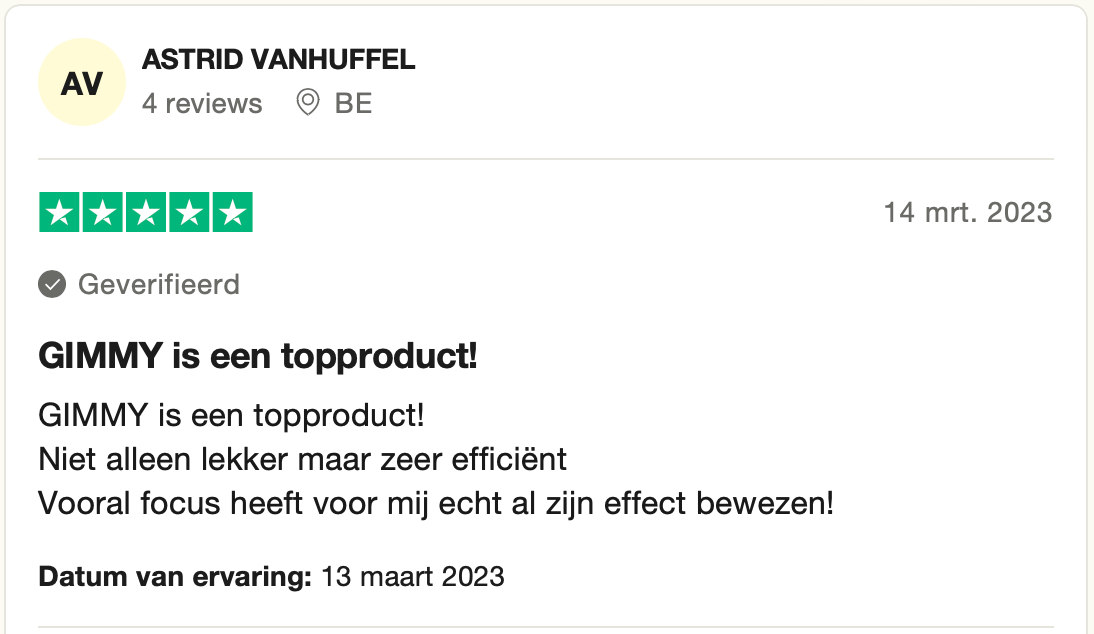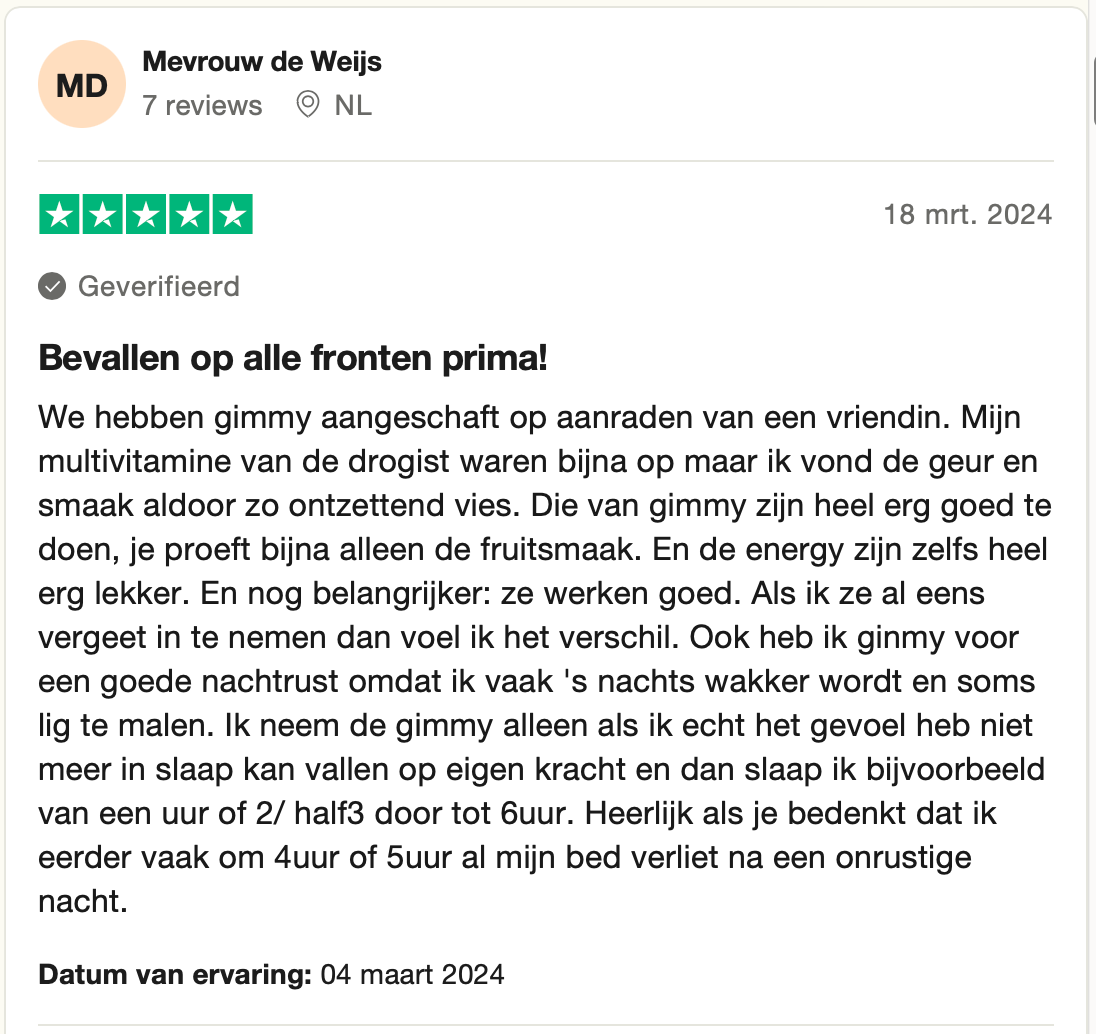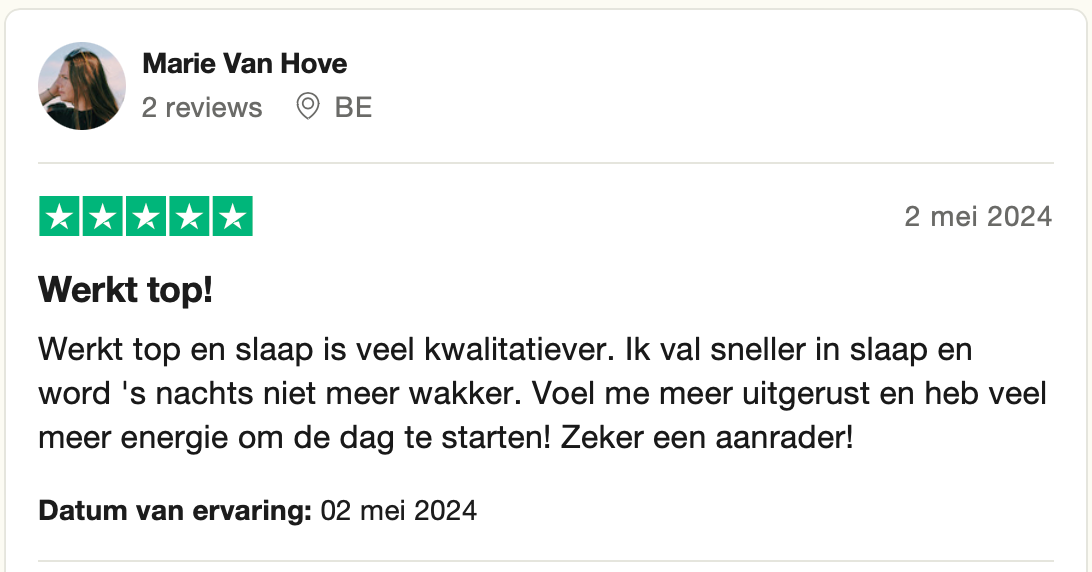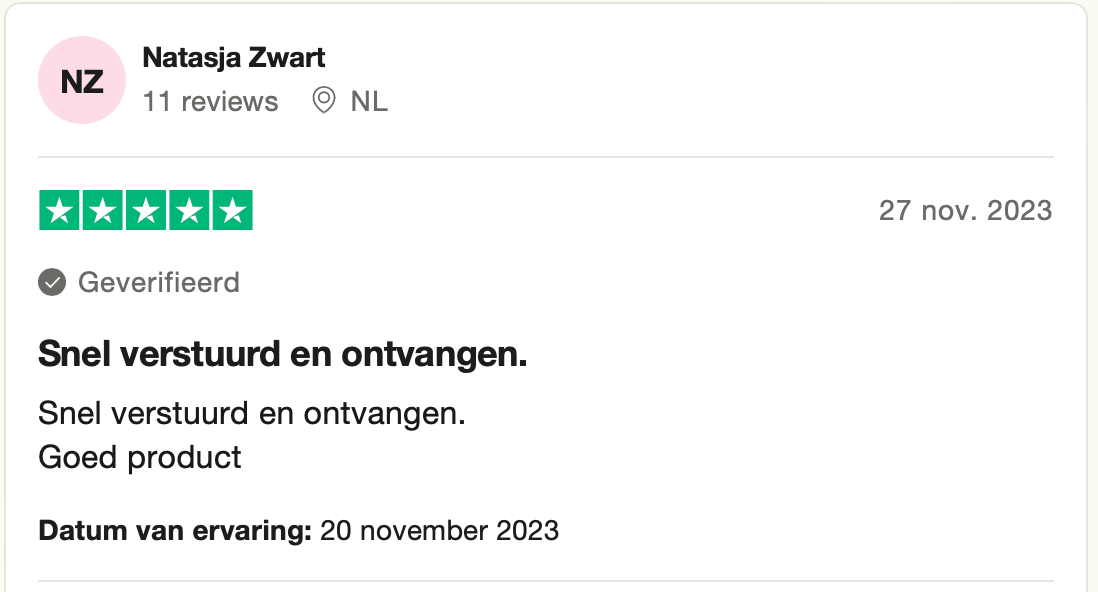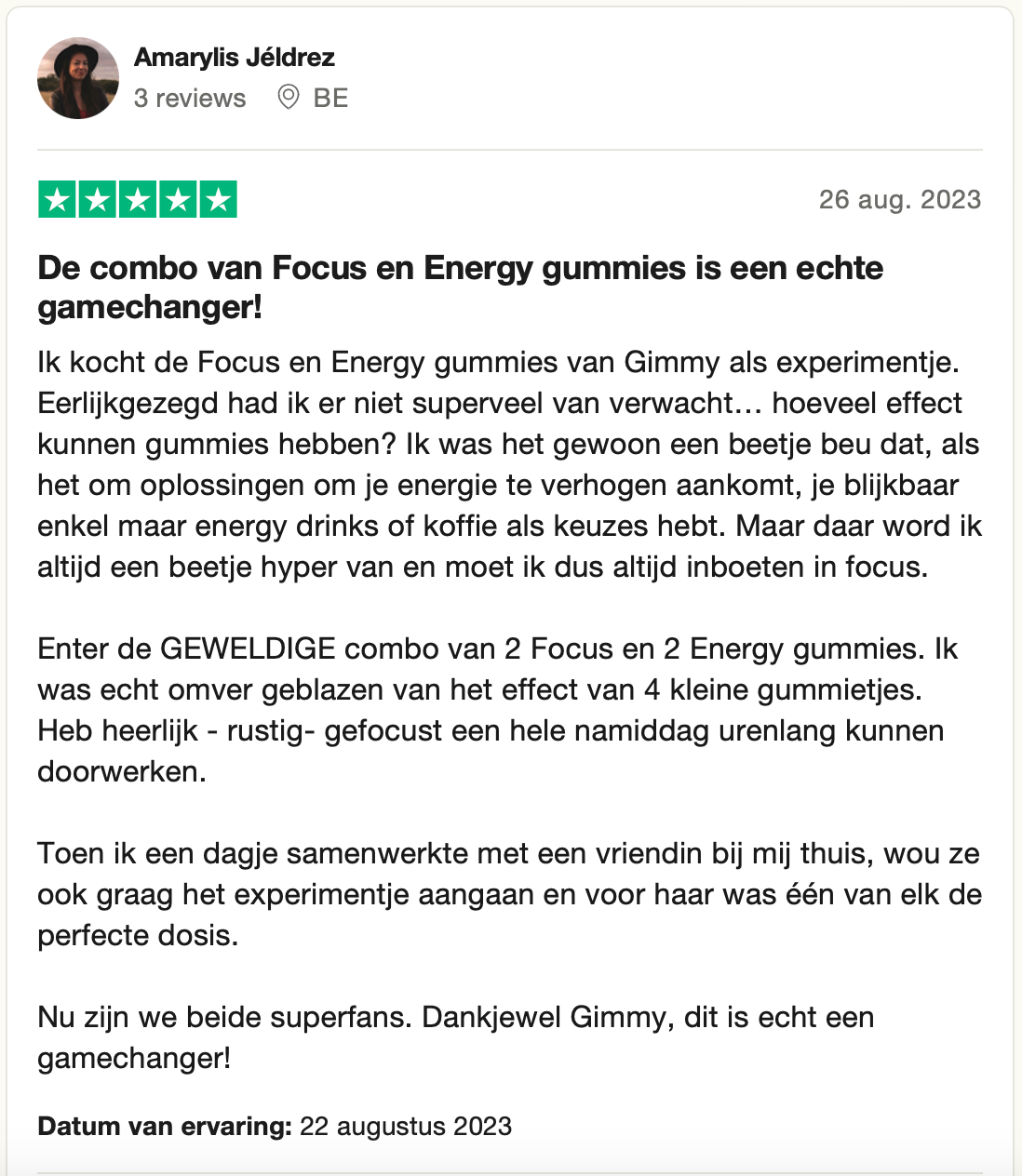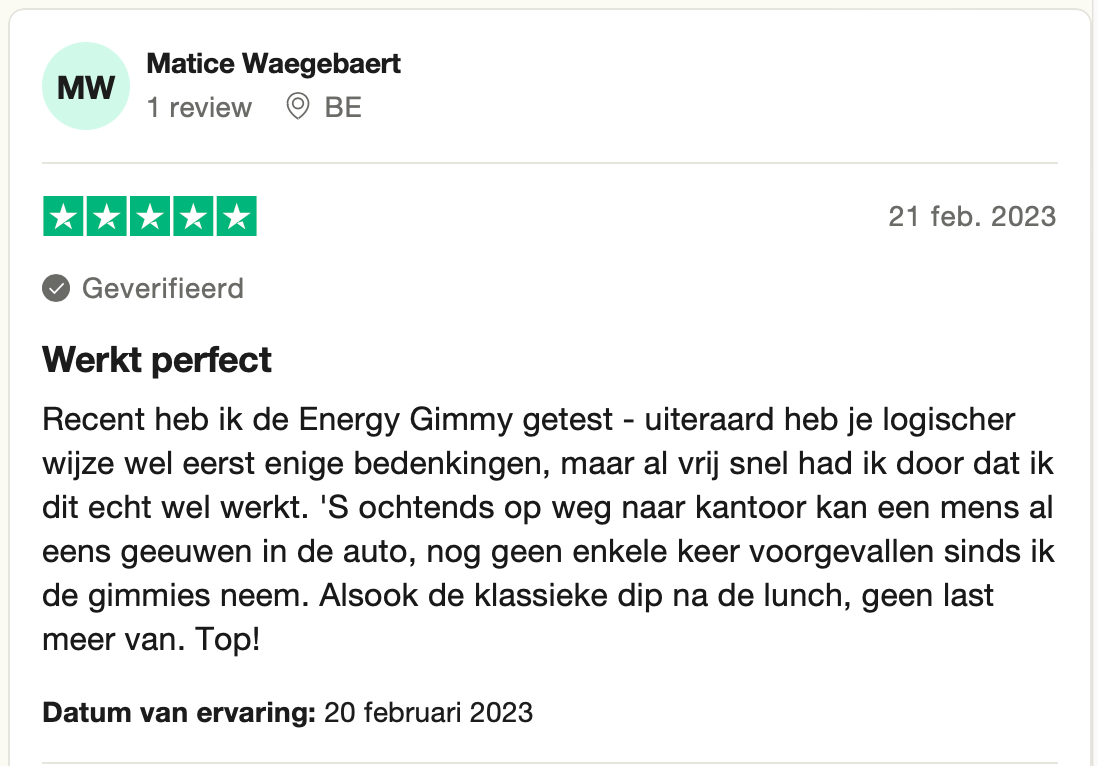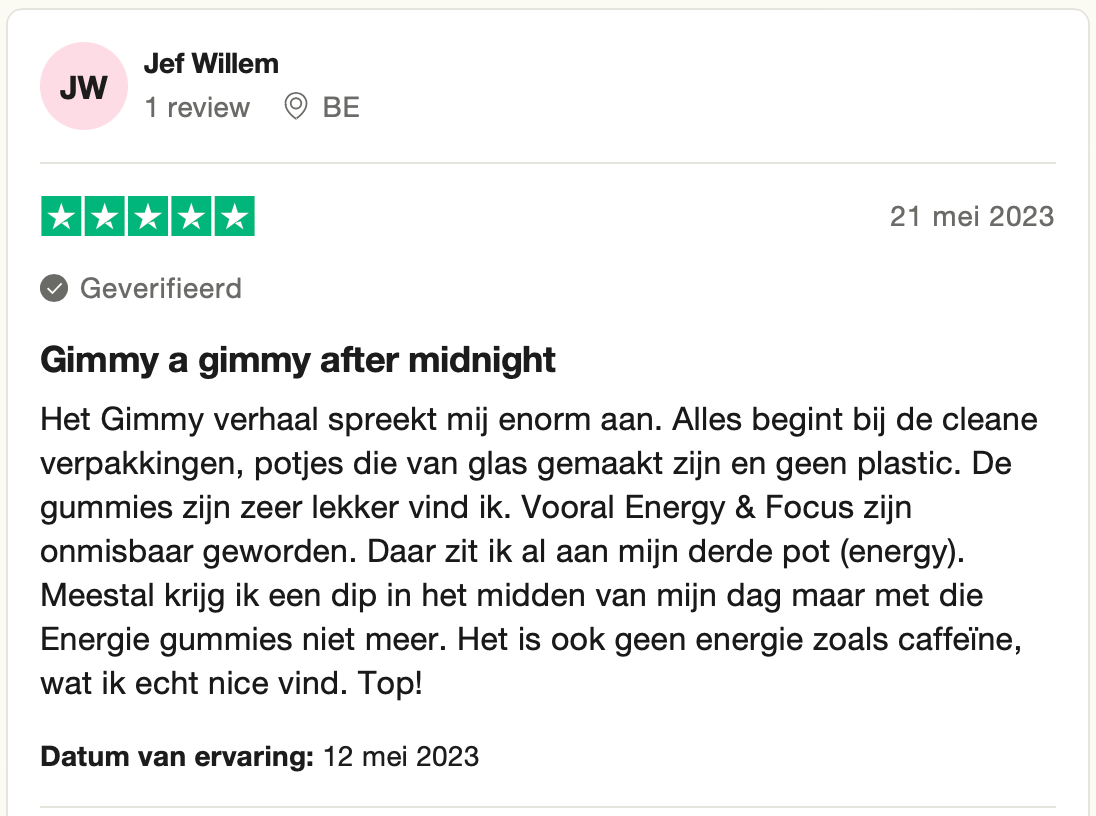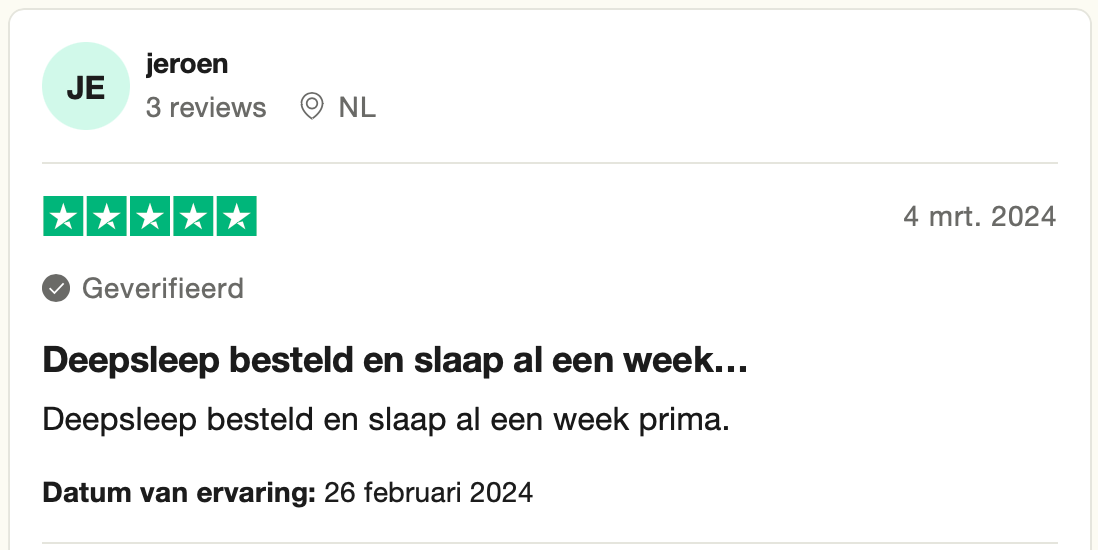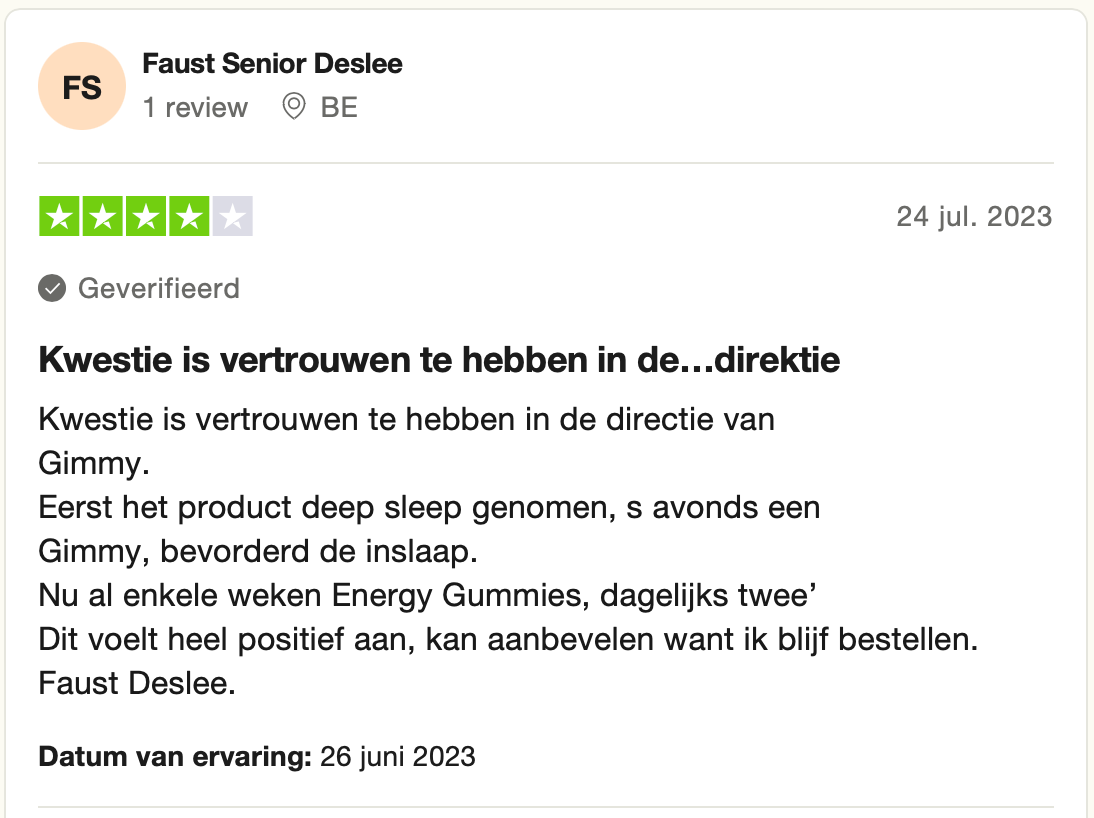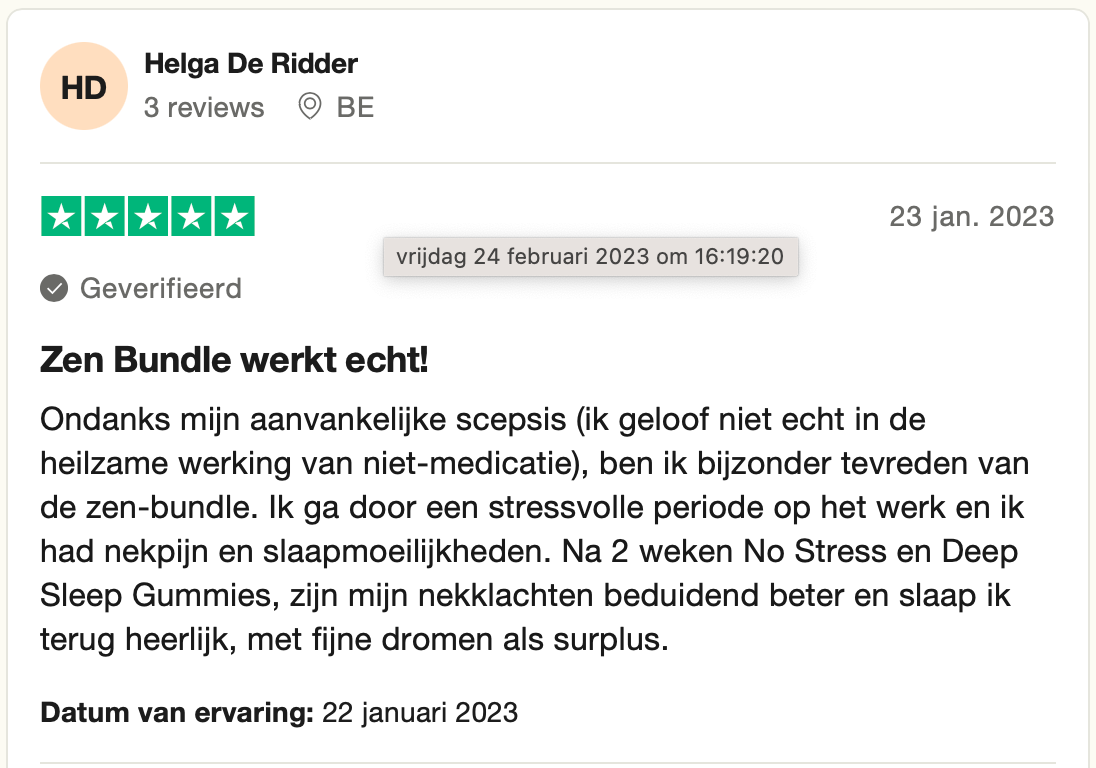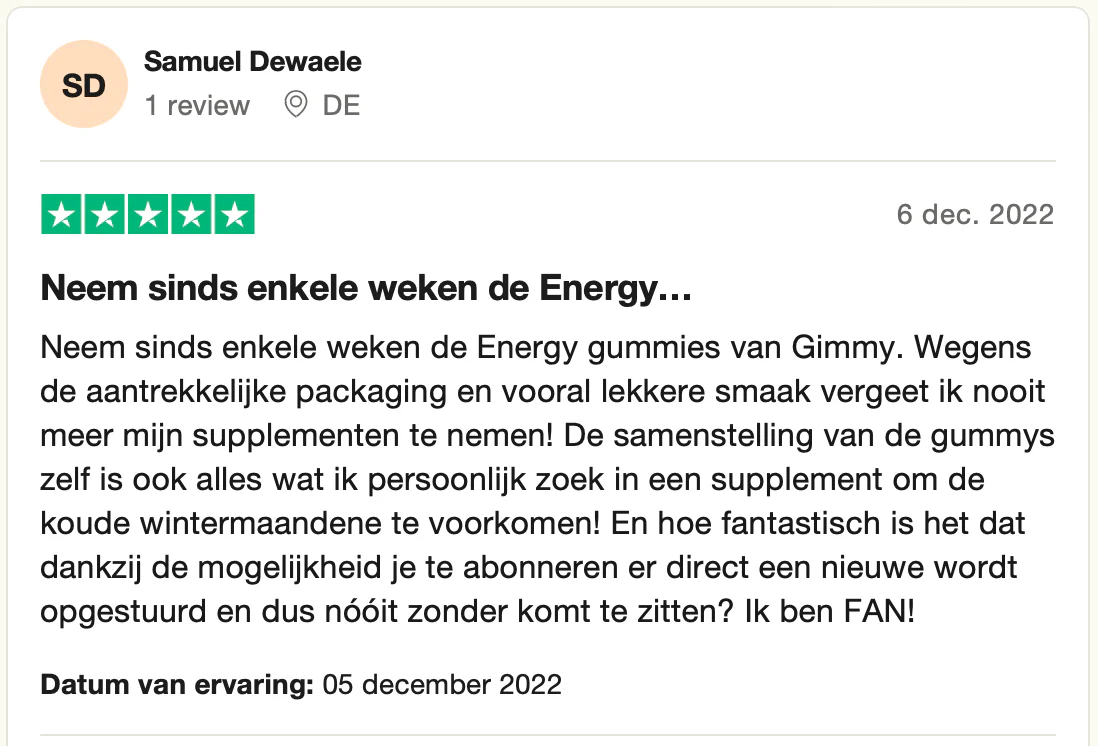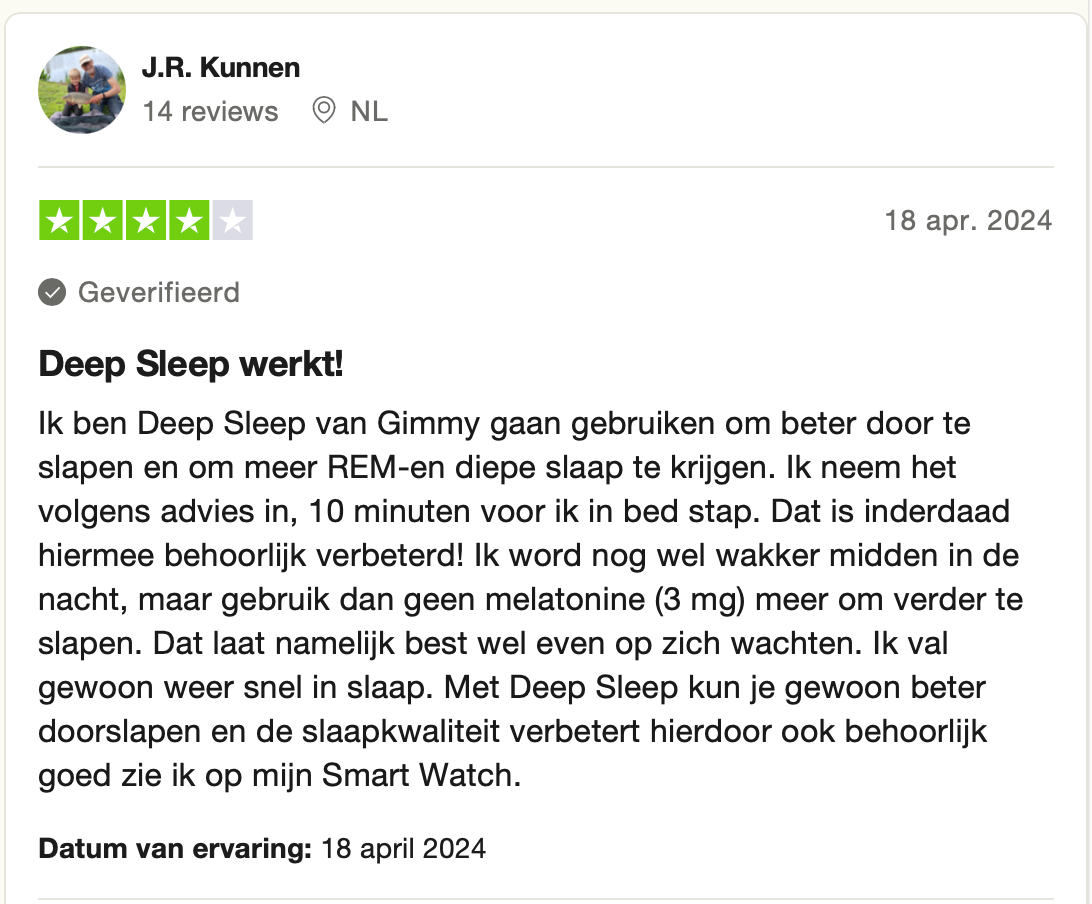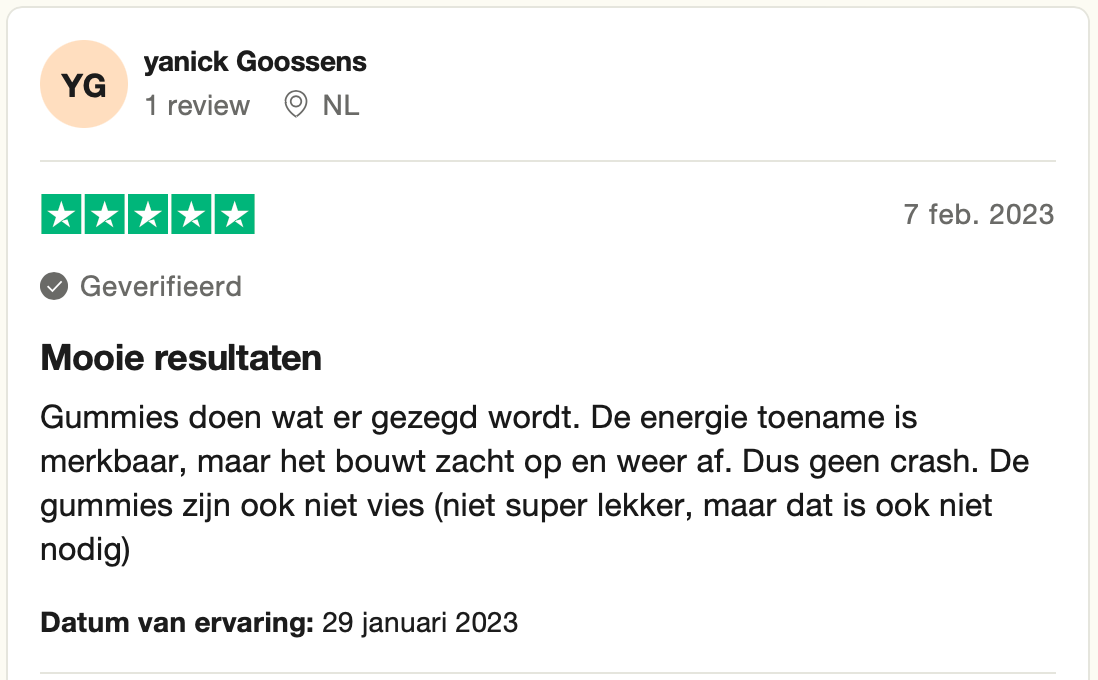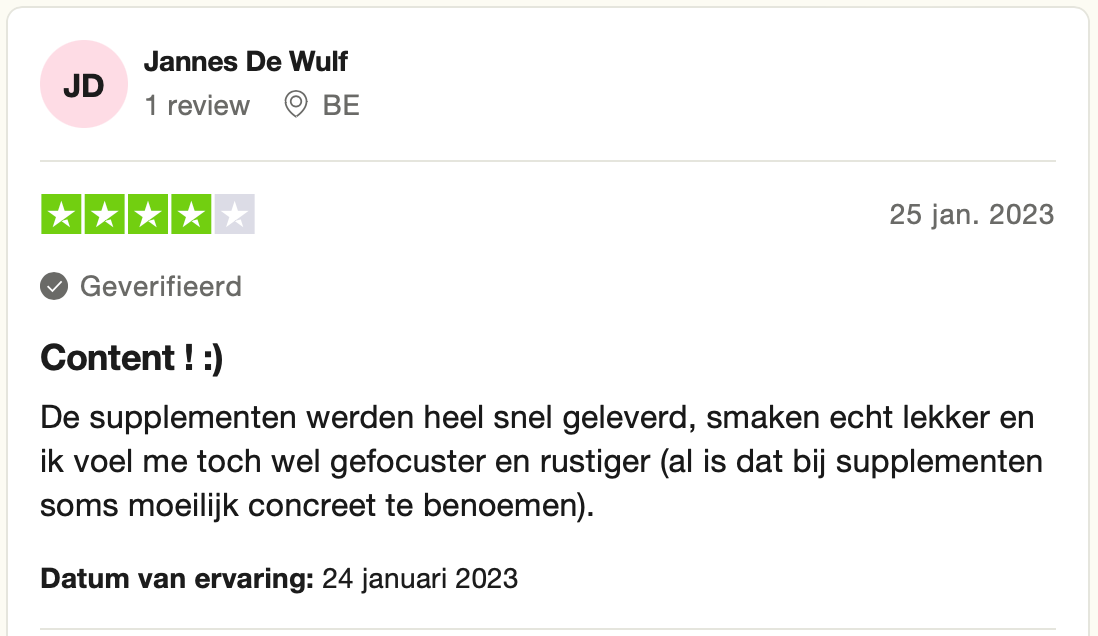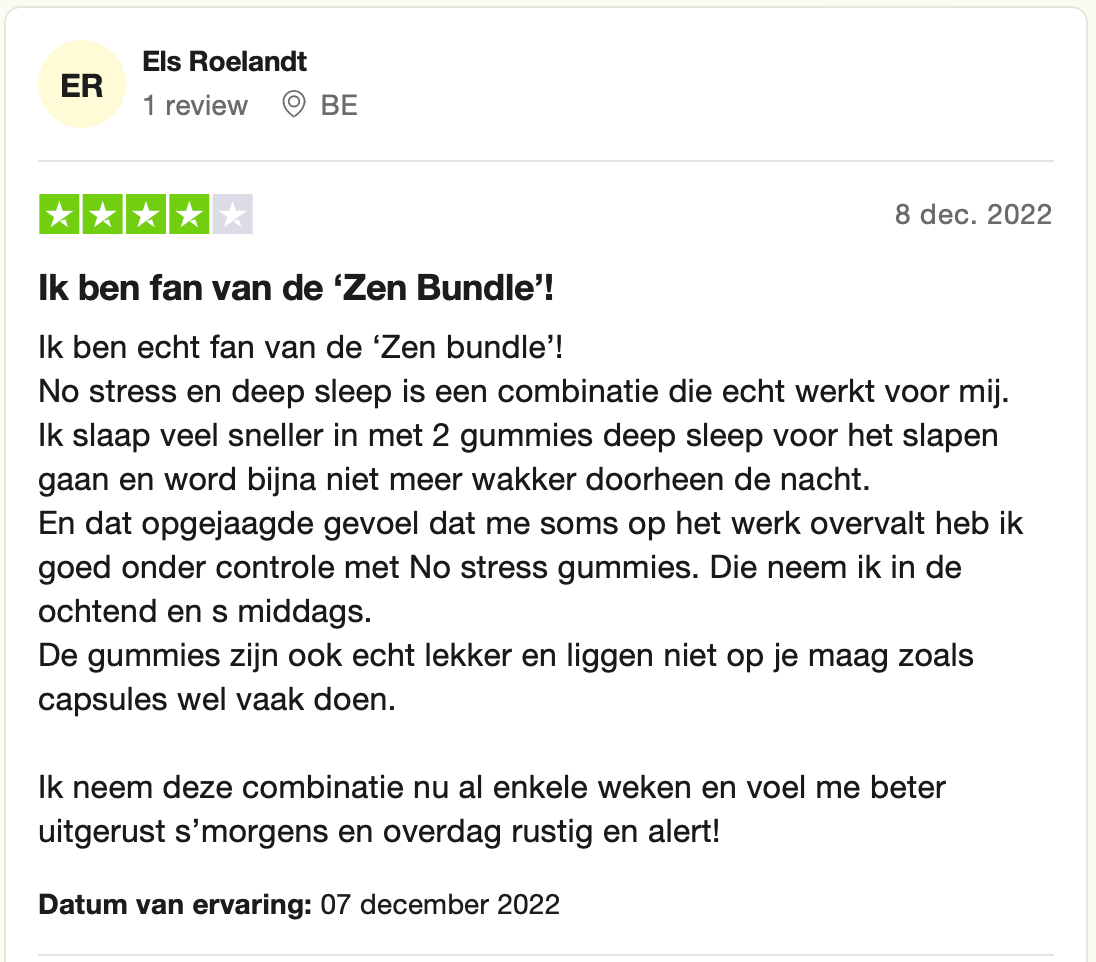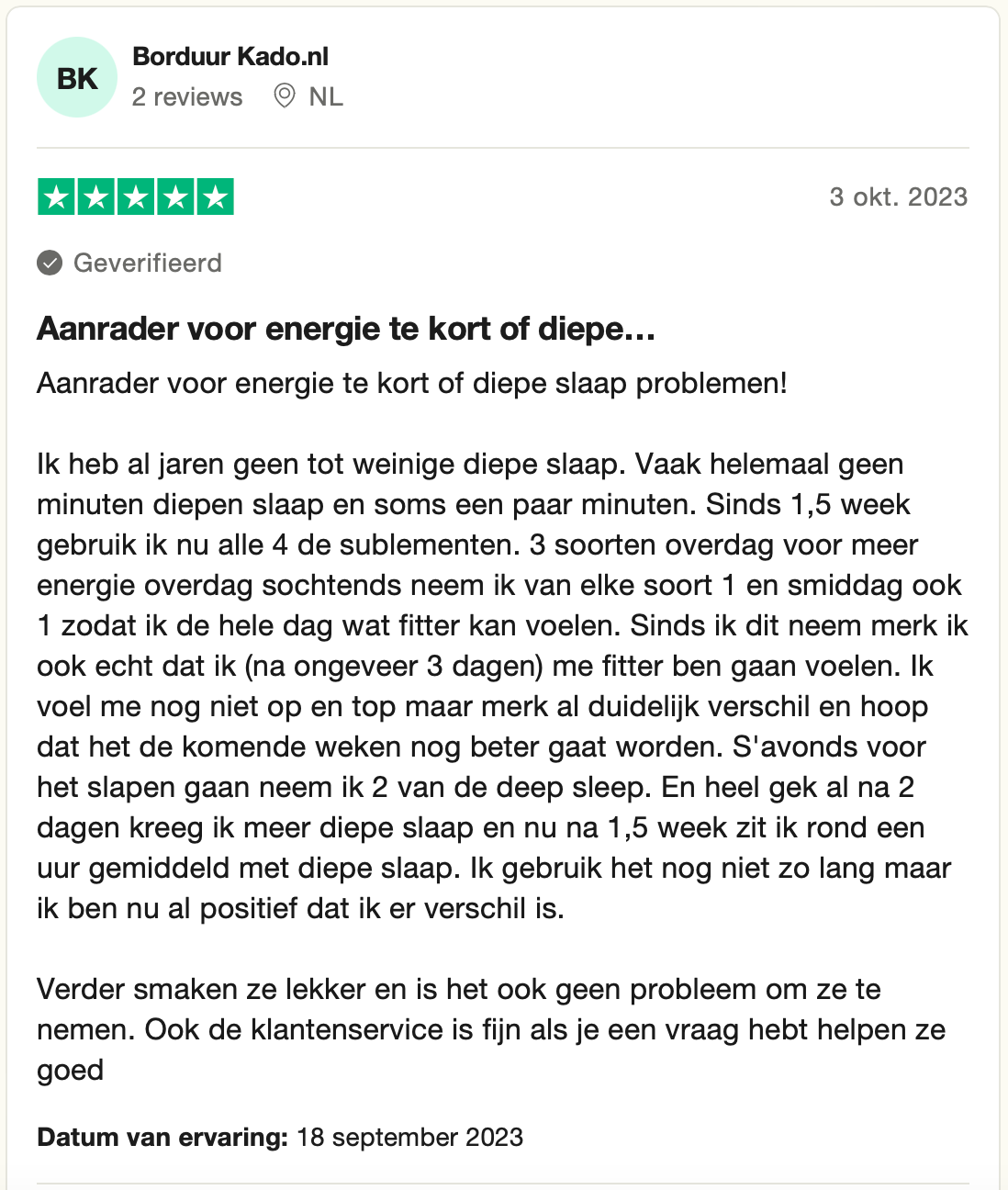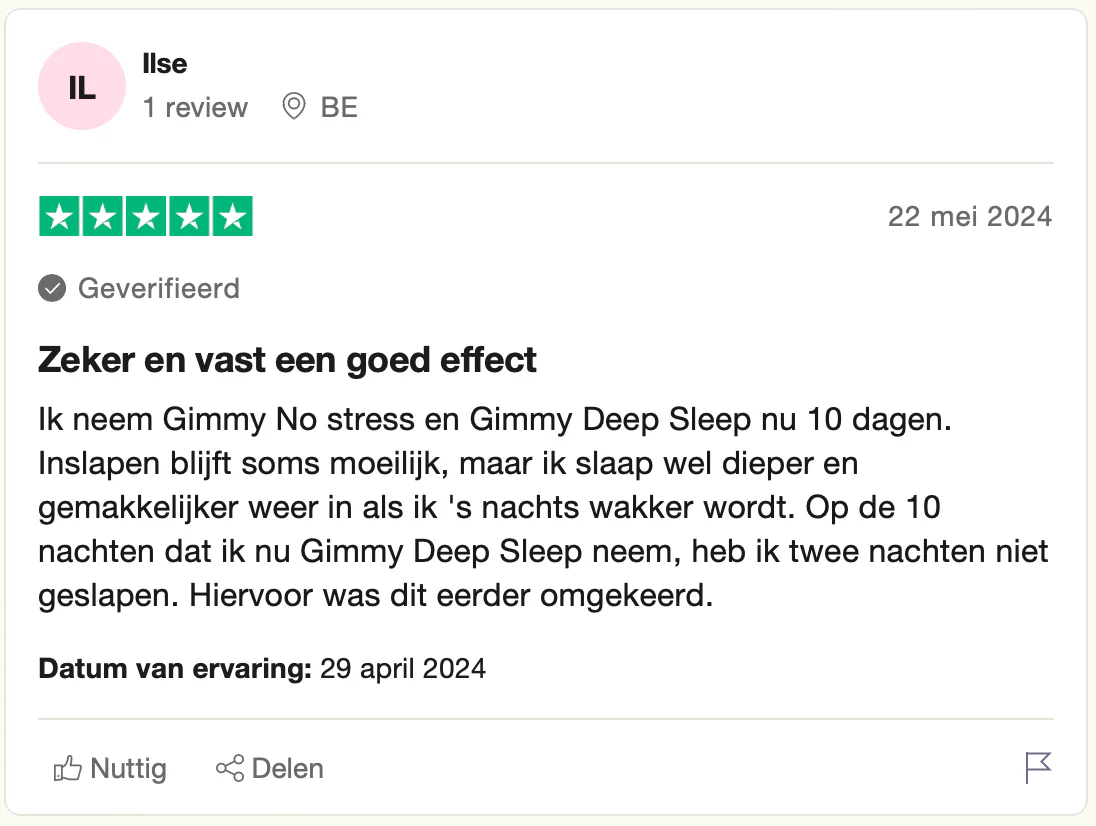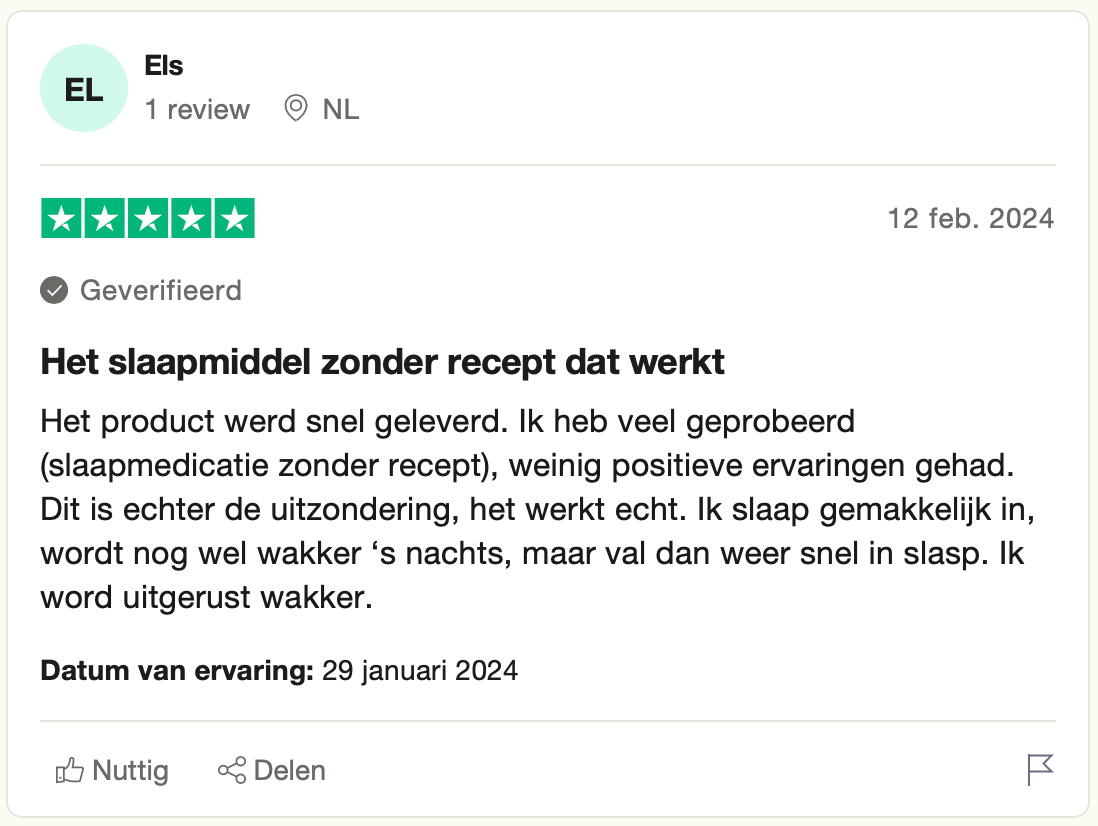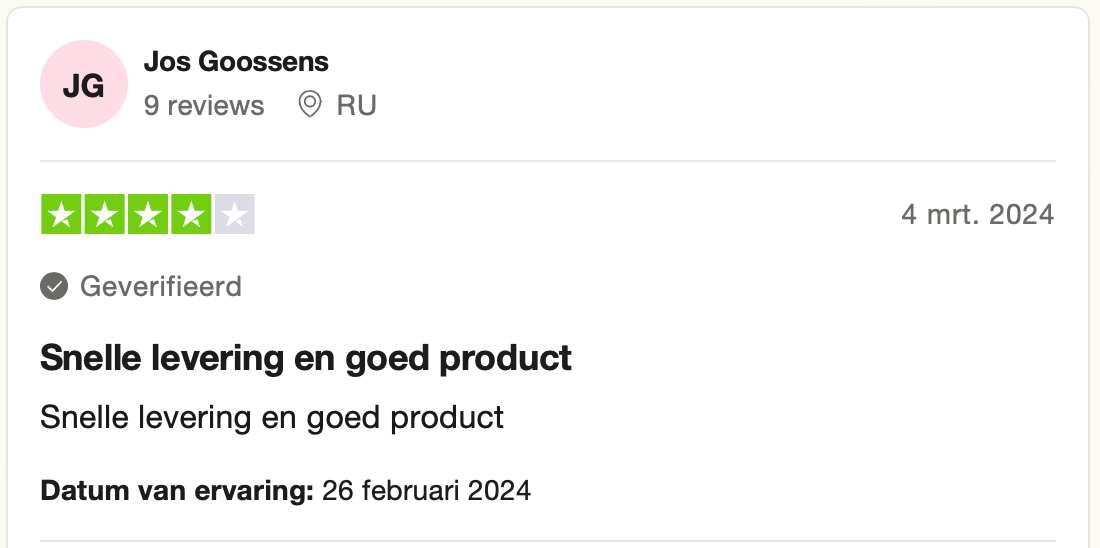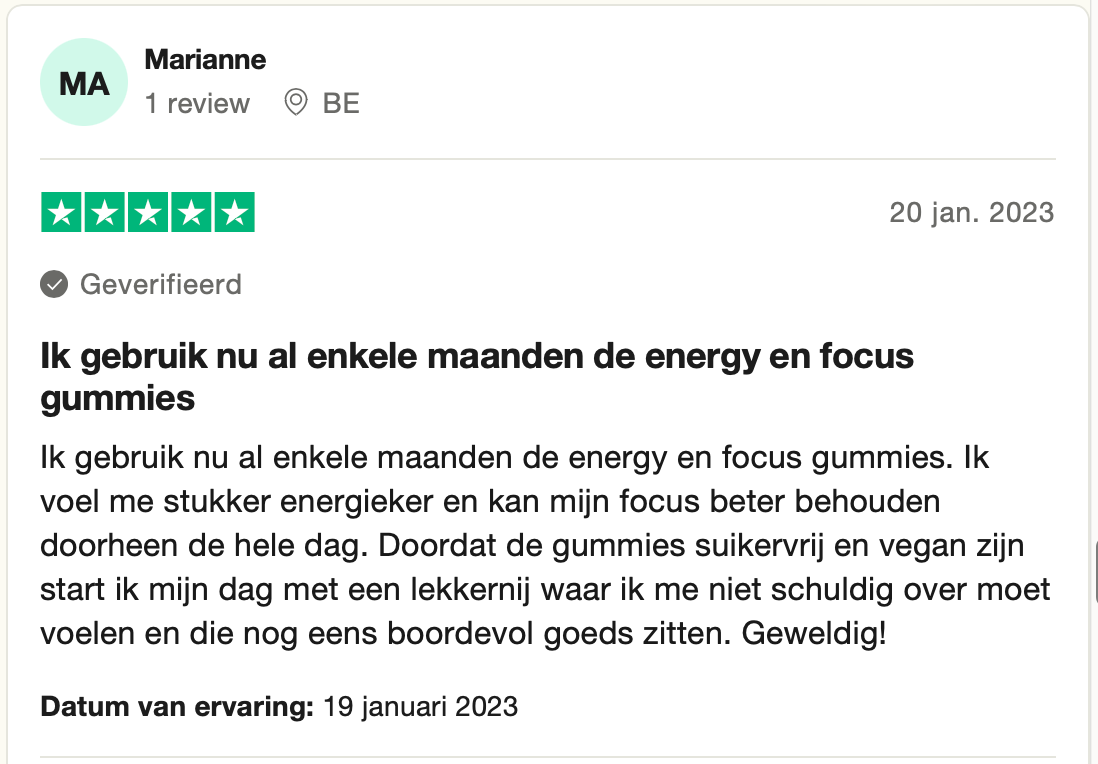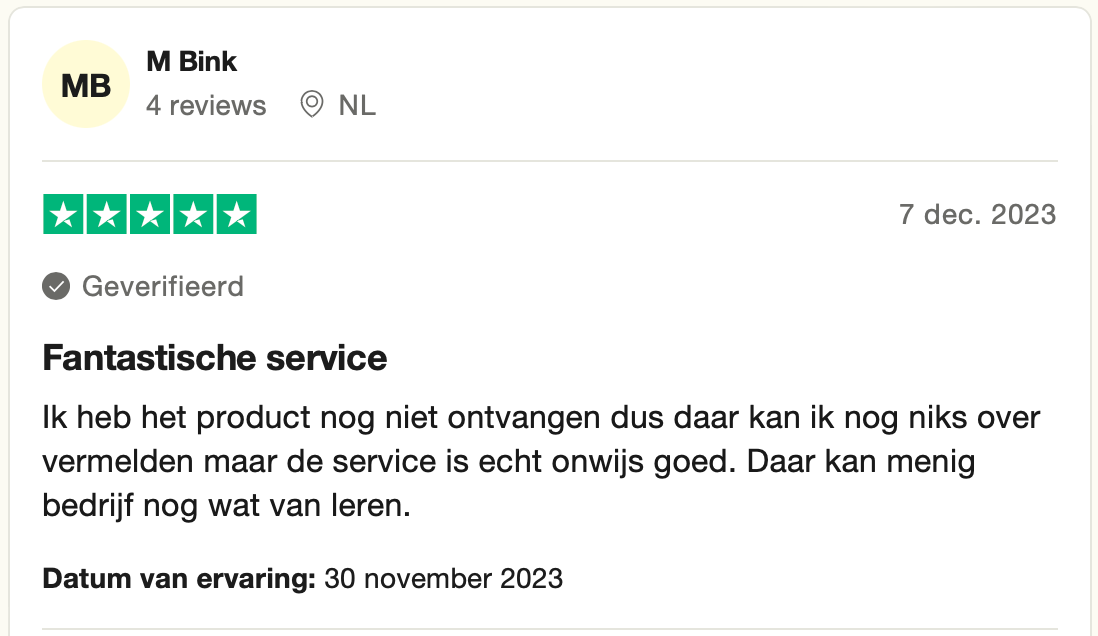The wonders of a power nap
door Floris Biesemans op Feb 14, 2023
What is a power nap?
A power nap is a short nap taken during the day to restore energy and improve alertness. It is usually taken in the afternoon because that is when most people experience a natural dip in their energy levels. During a power nap, the body rests without falling into a deep sleep, leaving the person feeling refreshed and alert after the nap. Powernaps are often used by students, athletes and workers to improve their performance and productivity.The duration of a powernap
How long does a powernap last? Well, there is some scientific evidence suggesting that a powernap of 20 to 30 minutes is most effective in improving alertness and performance, while at the same time preventing the person from falling into a deep sleep. For example, a study published in the journal Sleep Medicine Reviews concluded that powernaps of 20-30 minutes are the best choice for people who need a quick recharge, while powernaps of 10 minutes had a more favorable effect on responsiveness.However, the optimal duration of a powernap may vary depending on individual differences in sleep needs and personal preferences. Some people may feel refreshed after a shorter powernap, while others may want to nap a bit longer to fully recover. So it may possibly be an option to experiment with different powernap times to see what works best for your personal sleep needs and daily routine.
The benefits of a power nap
Taking a power nap can have health benefits, such as improving alertness, reducing fatigue and improving mood. Studies have shown that power naps can help improve performance at work, school and sports. It can also help improve concentration, strengthen memory and increase reaction time.In addition, taking a power nap can help lower the risk of heart disease, reduce blood pressure and improve the immune system. It can also help reduce stress and anxiety, and can promote feelings of well-being and satisfaction.
Risks of a power nap
In general, there are few risks associated with taking powernaps, as long as they are done in a safe and responsible manner. Here are a few things to keep in mind.
- The duration of the powernap: It is important not to make the powernap too long, otherwise you may fall into a deep sleep and it may be more difficult to wake up and be alert. The recommended duration is between 10 and 30 minutes.
A powernap that lasts too long can lead to feelings of drowsiness and disorientation, and can make it more difficult to stay awake and alert. Therefore, it is important to limit the duration of a power nap to no more than 30 minutes. A 20-30-minute nap is generally recommended as an effective way to improve alertness and productivity, while at the same time preventing the person from falling into a deep sleep.
If you take a power nap longer than 30 minutes, the body may enter a deeper sleep phase and it may be more difficult to wake up and be alert. This can lead to a feeling of grogginess or drowsiness, which is known as "sleep inertia." This feeling can last from a few minutes to as much as an hour after waking up.
- Timing: It is important not to take the powernap too late in the day, otherwise it can interfere with sleep quality at night. A power nap is usually recommended in the early afternoon.
- Safety: Make sure you have a safe and comfortable place to nap, and that you are not in a situation where you put yourself or others in danger if you fall asleep.
- Sleep disorders: If you suffer from sleep disorders, such as insomnia, taking powernaps can make the problem worse. It may then be better to seek professional help instead of taking powernaps.
Do you suffer from snoozing or think you're dealing with a sleep problem? Then be sure to read our blog sleep problems - what is it and how do I get rid of it?

Onze tevreden klanten
